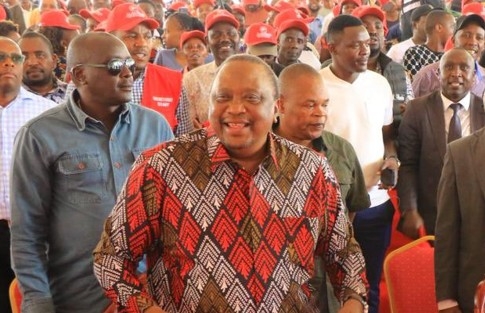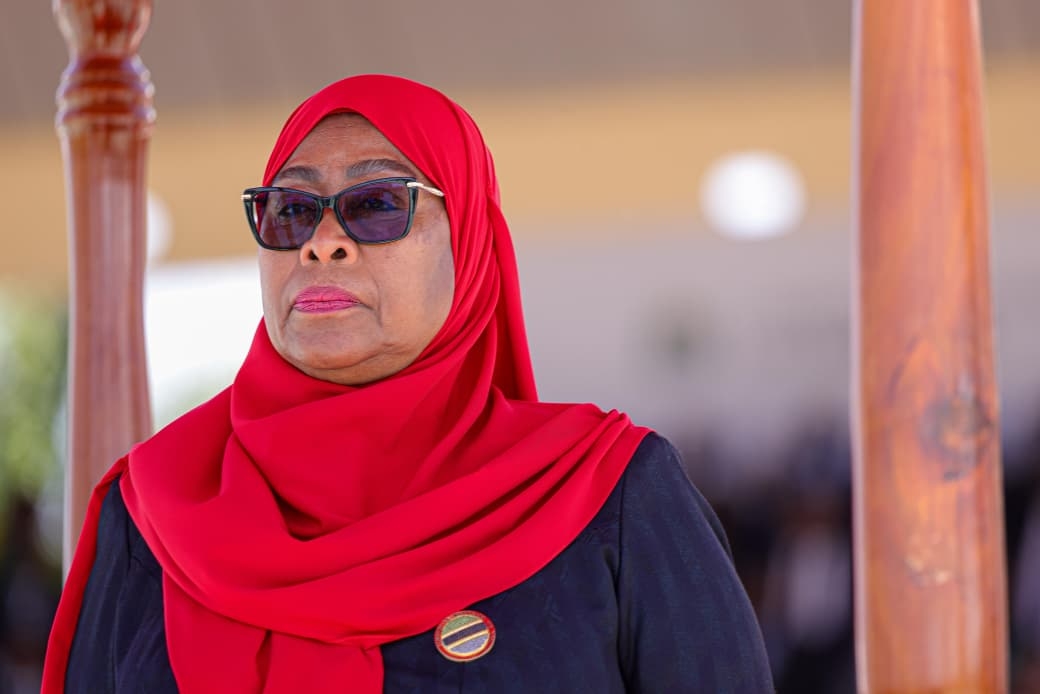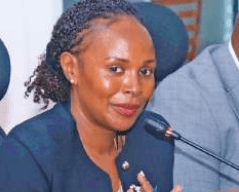A hound having started a hare on the hillside pursued her for some distance, at one time biting her with his teeth as if he would take her life, and at another fawning upon her, as if in play with another dog.
The hare said to him, “I wish you would act sincerely by me, and show yourself in your true colours. If you are a friend, why do you bite me so hard? If an enemy, why do you fawn on me?”
The ninth National and County Coordinating Summit took place in Naivasha, Nakuru county, on Friday and there was a lot of good news that came from the meeting. All governors, regardless of their political affiliation, were present and contributed to the agenda, killing the mistrust that has often existed between the national government and counties.
In the last couple of months, the Council of Governors and the Treasury have fallen out on revenue allocation, with the former demanding Sh425 billion against the latter’s offer of Sh383 billion.
But this matter is set to be resolved, with President William Ruto committing to timely disbursement of funds to the county governments. This is an important step as it will hasten devolution and smoothen service delivery.
Funding counties late can also breed corruption. Counties have not received their full allocation and will be required to spend their remaining allocation before the end of June. Such unpreparedness will cause counties to spend quickly, cutting corners and breeding corruption
It is clear that devolution is critical to Kenya’s development. The President and governors must work to ensure that they scale up partnerships in all the key sectors for true economic transformation.
In particular, agriculture, job creation, security, health and housing are areas where the two levels of government should work hard to cooperate to ensure that the economy grows.
The President has also directed the Intergovernmental Relations Technical Committee to make sure that all pending functions are transferred to counties within six months
Governors should take heed of the President’s words encouraging them to endeavour to enhance harmony among themselves, unite and routinely engage. It was also good to hear that the two levels of government have agreed to end the culture of hostility, confrontation and litigation that has been disruptive, inefficient and wasteful.
Governors agreed with the government to withdraw all pending cases in courts and seek a way of amicably resolving them.
Council of Governors chairperson Ann Waiguru said they were keen to resolve the impasse around revenue allocation. This is important to ensure that counties are well resourced to meet their obligations to the people.
With our annual budget going past Sh3 trillion, giving county governments less than half a trillion as it is happening is underfunding them and we must improve. If we are to achieve the key objective of devolution, which is to ensure resources trickle down, we must increase the funding.
Additionally, the meeting also agreed to enact laws to enhance devolution while a committee has been formed to look into state corporations that are also carrying out devolved functions.
It was refreshing to see the governors commit that as heads of county governments, they will continue instituting measures to cut recurrent expenditure and adopt innovative strategies for increasing own-source revenue in order to increase budget allocation for development programmes.
Governors and county governments must show how they spend money on development. Development expenditure must be increased while recurrent is reduced.
It is also important that the two levels of government work together to enhance the County Enhancement Revenue Policy meant to help county governments enhance their own local revenues.
Once the counties are able to collect their own revenue adequately, governors will have little room to complain about underfunding or delay in disbursement from the National Treasury.
We must ensure that there are enhanced consultations between the various players to ensure that we achieve even more than we have done in the last three years.
No single devolution issue should stall due to differences of opinion between the various players. Those who achieve a lot in regard to the delivery of devolution must be rewarded while those who fail in their roles must suffer the consequences.














